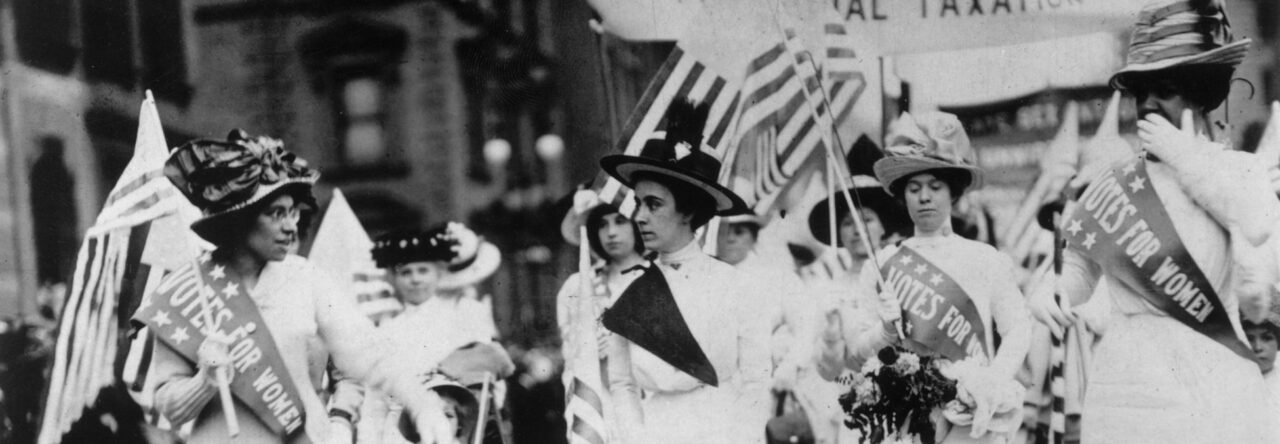On the night of the election of 1948 presidential candidate Thomas Dewey, and the majority of the American public felt sure that Dewey was the new president of the United States. The candidacy of his competitor, Harry S. Truman, who was running for his second term, was cast aside as a long-shot. Newspapers and radios alike endorsed Dewey’s presidency and discussed his inevitable victory in the days and hours before the final election results were announced. According to many contemporaries, “Harry Truman was the only man who truly believed he could win. And he was right.” News of Truman’s victory shocked a nation of non-believers.
Polls leading up to the election showed that Dewey was far ahead of the competition. With the creation of the Gallup Poll in the 1930’s, an effective way of predicting election outcomes and determining public opinion was created. Politicians and the public relied on Gallup Polls to get an understanding of where the nation stood on important issues. Prior to the election of 1948 Dewey was quoted as saying, “never argue with the Gallup Poll. It has never been wrong and I very much doubt it ever will be”( Thomas E. Dewey 1937-1947: A Study in Political Leadership, Beyer, pg 73). The American media was just as quick to put all of its faith in pre-election polls. Washington Post journalist Drew Pearson wrote that “Governor Dewey had conducted one of the most astute and skillful campaigns in recent years” and that Truman “cannot possibly win this election.” Another Washington Post article put enormous faith in polling representative voters and said that the likelihood of these representatives being wrong would be a great surprise to the nation. The most famous example of the unquestioning faith the media put in pollsters was the infamous Chicago Tribune headline that read “Dewey Defeats Truman.” 15o,ooo copies of this inaccurate headline were printed.
Americans were shocked at the inaccuracies of the polls that had predicted Dewey overwhelmingly as the favorite candidate. Actual election results showed quite a different story. Dewey was unable to obtain the majority he needed to defeat Truman in key states like Illinois. There are a majority of factors that can account for the inaccuracy of these poll results. First of all, Dewey under-estimated the importance of the African American vote and failed to campaign strongly towards this demographic. In addition, many historians believe that Dewey got lazy in campaigning because of his unwavering faith in the polls, and others believe that the the prediction of an overwhelming victory for Dewey kept some from seeing the need to go out and vote (Simon Topping).
Since then, polling has undergone changes to increase its accuracy. Despite these efforts, the polls often fail to be an accurate indicator of future results. However, no polling innacuracy has ever been quite as dramatic in the eyes of the American public as that of 1948. On November 4, 1948 Truman drove into St. Louis, Missouri after winning the election holding a copy of the mistaken Chicago Tribune headline claiming his defeat. The picture of this event in one of the most iconic photos in the history of American politics and its legacy lives on today.


Leave a Reply
You must be logged in to post a comment.